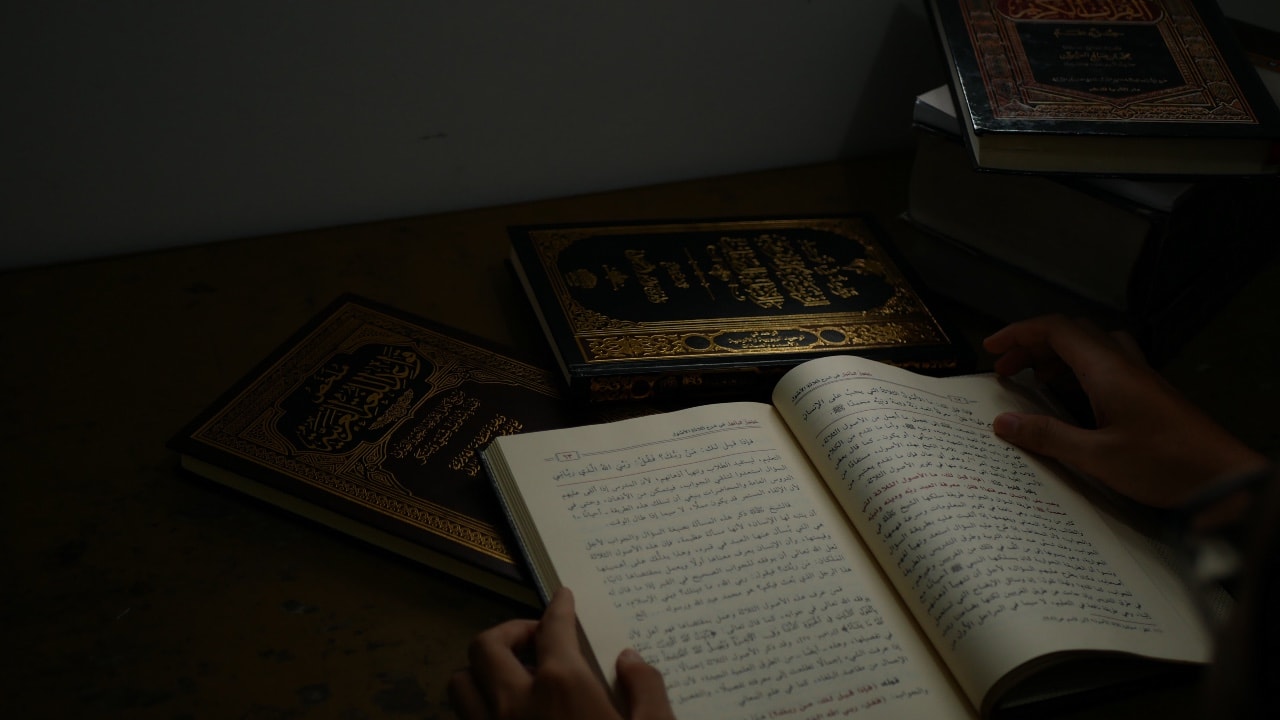Writing The Sira With Artistic License
Hanafi Fiqh
Answered by Shaykh Abdul-Rahim Reasat
Question
Assalamu ‘alaykum.
I want to write the biography of the Messenger of Allah (Allah bless him and give him peace), but I want to do it from the standpoint of various companions. However, I want to add poetic descriptions to events with words that I put into the Companions’ mouths and minds. Imagined sayings to each other, imagined ideas, words that engender softness, love, etc. Is this allowed?
Answer
Wa ‘alaykum assalam wa rahmatullah wa barakatuh.
I pray you are well.
This would not be permissible. In general, writing a sira work is permissible and highly encouraged. However, the events that are discussed are ultimately about the Prophet (Allah bless him and give him peace), and therefore, they must be narrated accurately, without anything that didn’t happen being added to them.
The Prophet (Allah bless him and give him peace) said, “Whoever narrates from me words that are considered a lie is one of the liars.“ (Tirmidhi) This is one of the variants of this hadith, and it shows the seriousness of the matter.
You may, however, narrate things from a third-person perspective and beautify the narrative in such a way that it evokes a strong emotional response from the reader. This style is very powerful.
Good examples of this are the works “Suwar Min Hayat al Sahaba“ by Shaykh ‘Abd al Rahman Ra’fat Basha, in Arabic, and “Companions of the Prophet“ by Abdul Wahid Hamid. This will bring a lot of good to Muslims, Godwilling.
May Allah grant you the best of both worlds.
[Shaykh] Abdul-Rahim
Checked and Approved by Shaykh Faraz Rabbani
Shaykh Abdul-Rahim Reasat began his studies in Arabic Grammar and Morphology in 2005. After graduating with a degree in English and History, he moved to Damascus in 2007, where, for 18 months, he studied with many erudite scholars. In late 2008 he moved to Amman, Jordan, where he continued his studies for the next six years in Sacred Law (fiqh), legal theory (Usul al-fiqh), theology, hadith methodology, hadith commentary, and Logic. He was also given licenses of mastery in the science of Quranic recital. He was able to study an extensive curriculum of Quranic sciences, tafsir, Arabic grammar, and Arabic eloquence.
